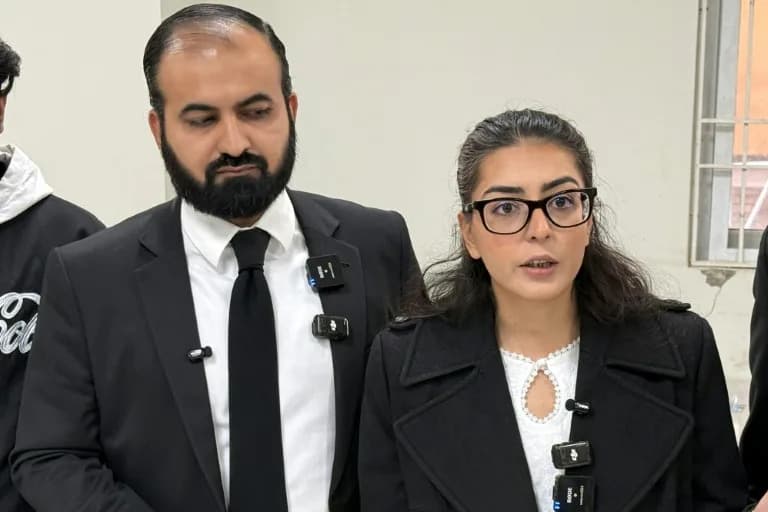The High Court in Malaysia found that state agents were involved in the enforced disappearances of Pastor Raymond Koh and activist Amri Che Mat and ordered police to reopen investigations. The court awarded more than 30 million ringgit to Koh’s wife and 3 million ringgit to Amri’s wife. Families and rights groups called the judgment a landmark for accountability, though relatives still lack answers about the men’s fates. The Attorney‑General’s Chambers has said it will appeal.
Malaysia High Court Rules State Responsible for Enforced Disappearances; Families Awarded Millions
High Court Finds State Involvement in Enforced Disappearances
KUALA LUMPUR — In a landmark judgment, Malaysia's High Court has ruled that state agents were involved in the enforced disappearances of Pastor Raymond Koh and activist Amri Che Mat, and ordered police to reopen investigations into both cases. The decision is the first formal judicial recognition in Malaysia that state actors were involved in enforced disappearances.
The ruling and damages awarded
The court on Wednesday found government and police liability and awarded damages of more than 30 million ringgit (about $7.2 million) to Susanna Liew, the wife of Pastor Raymond Koh, and 3 million ringgit (about $717,000) to Noorhayati Mohamad Ariffin, the wife of Amri Che Mat. The Attorney-General's Chambers announced on Thursday that it will appeal the judgment in both matters.
Background of the cases
Pastor Raymond Koh was seized in broad daylight on Feb. 13, 2017, in central Selangor by masked men in a swift, military-style operation captured on CCTV. He remains missing. Koh's family said he had received death threats and was under investigation for allegedly proselytizing to Muslims before his disappearance.
Amri Che Mat vanished in November 2016 after leaving his home under similar circumstances. Religious authorities had reportedly been monitoring Amri over allegations that he was spreading Shiite teachings, a practice the Malaysian government does not recognise, as the country officially recognises only the Sunni branch of Islam.
Other troubling cases at the time included Muslim-born preachers Joshua Hilmi and his wife, Ruth Hilmi, who disappeared mysteriously six days after Amri in 2016, raising concerns about religiously motivated abductions in the predominantly Muslim country.
Reactions and implications
Susanna Liew, who has campaigned tirelessly for answers and accountability, described the ruling as a “historic and emotional milestone,” saying it validated the family's long-held belief that police were responsible. Noorhayati said she hopes those responsible will be held to account but voiced continuing frustration that the families still do not know whether Amri is alive or dead.
“Though this will not bring Koh back, it is somewhat a vindication and closure for our family,” Liew said.
The decision follows earlier findings by Malaysia’s human rights commission and a special government task force that implicated a police special branch in the disappearances, though the government had taken no action at the time. U.K.-based Christian Solidarity Worldwide praised the ruling, calling it a precedent for holding state actors accountable and urging authorities to disclose the truth about Koh’s fate and whereabouts.
What comes next: With the Attorney-General’s Chambers set to appeal, the legal battle is likely to continue. The court’s declaration, however, establishes an important legal precedent and has increased international attention on enforced disappearances and human rights accountability in Malaysia.
Help us improve.


























